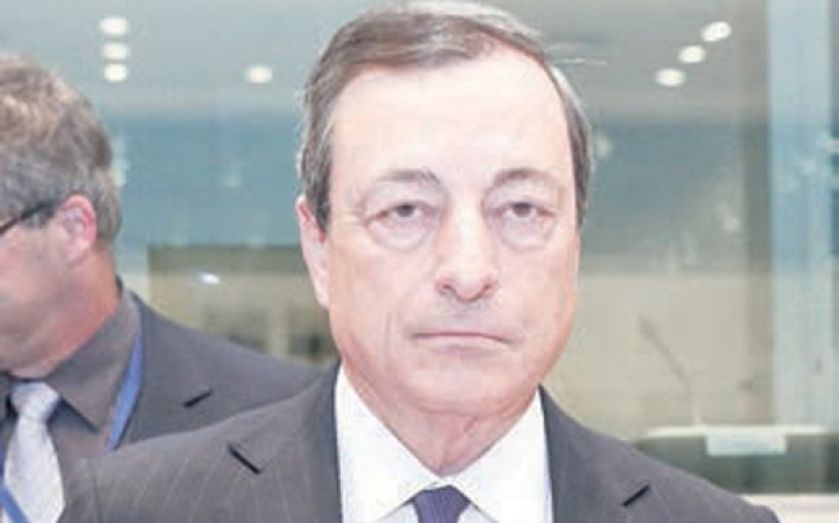Doubts looming over Eurozone stimulus option

QUANTITATIVE easing (QE) would have a less dramatic effect in the Eurozone than in the UK, according to research out yesterday, as a senior European official signalled that the policy may not be pursued at all.
A report by credit ratings agency Moody’s argued that with sovereign bond yields already very low in the euro area, QE would have less of an impact than it had for the countries that started purchasing assets more quickly after the financial crisis.
“QE is most powerful where yields are highest and furthest away from fair values.
“However, with the exception of securitisation markets, financial markets are generally functioning and asset prices do not appear abnormally low,” said the authors of the research.
Speaking to Bloomberg, ECB governing council member Ardo Hansson said: “I don’t think quantitative easing is a tool that’s needed right now”, adding that he wanted to wait for the central bank’s targeted long-term refinancing operations (TLTRO) to get underway.
BNP Paribas, one of the first banks which said that they expected the European Central Bank (ECB) to engage in QE, said yesterday that it no longer expected such a programme
“The probability of the ECB launching a broad-based asset-purchase programme has fallen following the package of measures announced in June,” said the report, adding: “There is a reluctance to deliver and we have revised our forecast accordingly. We no longer forecast such a purchase programme in our central scenario.”